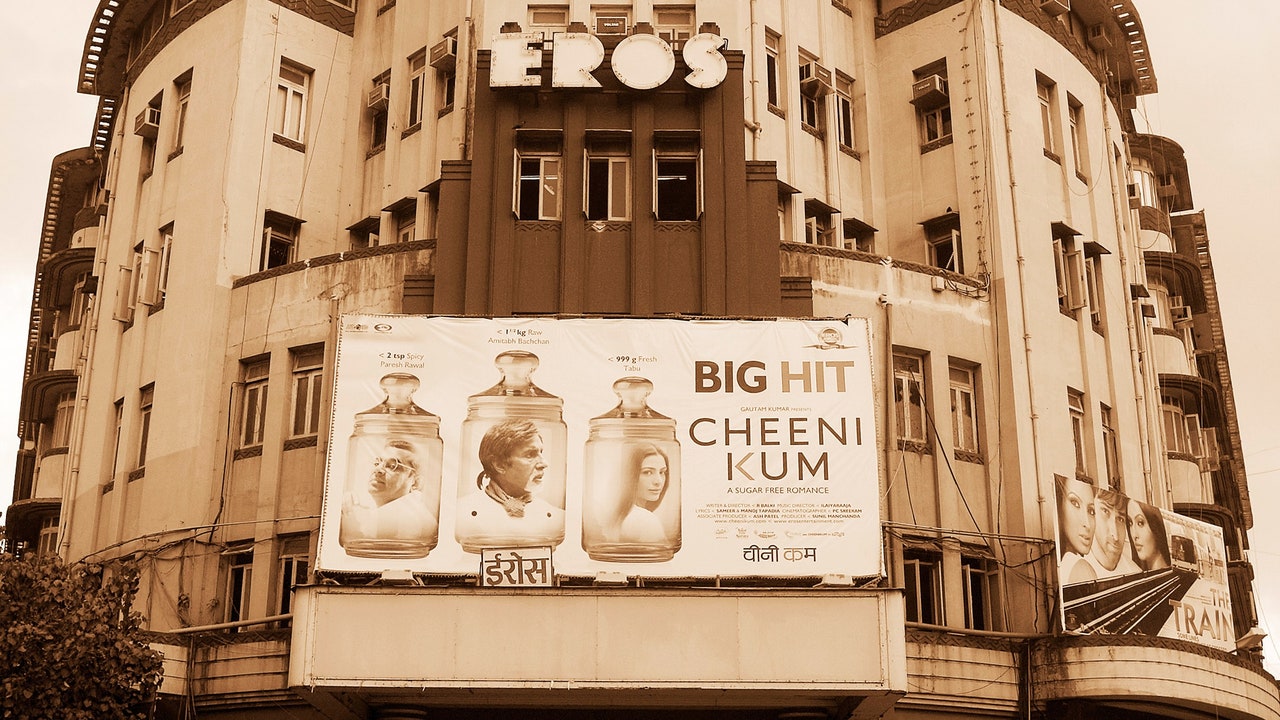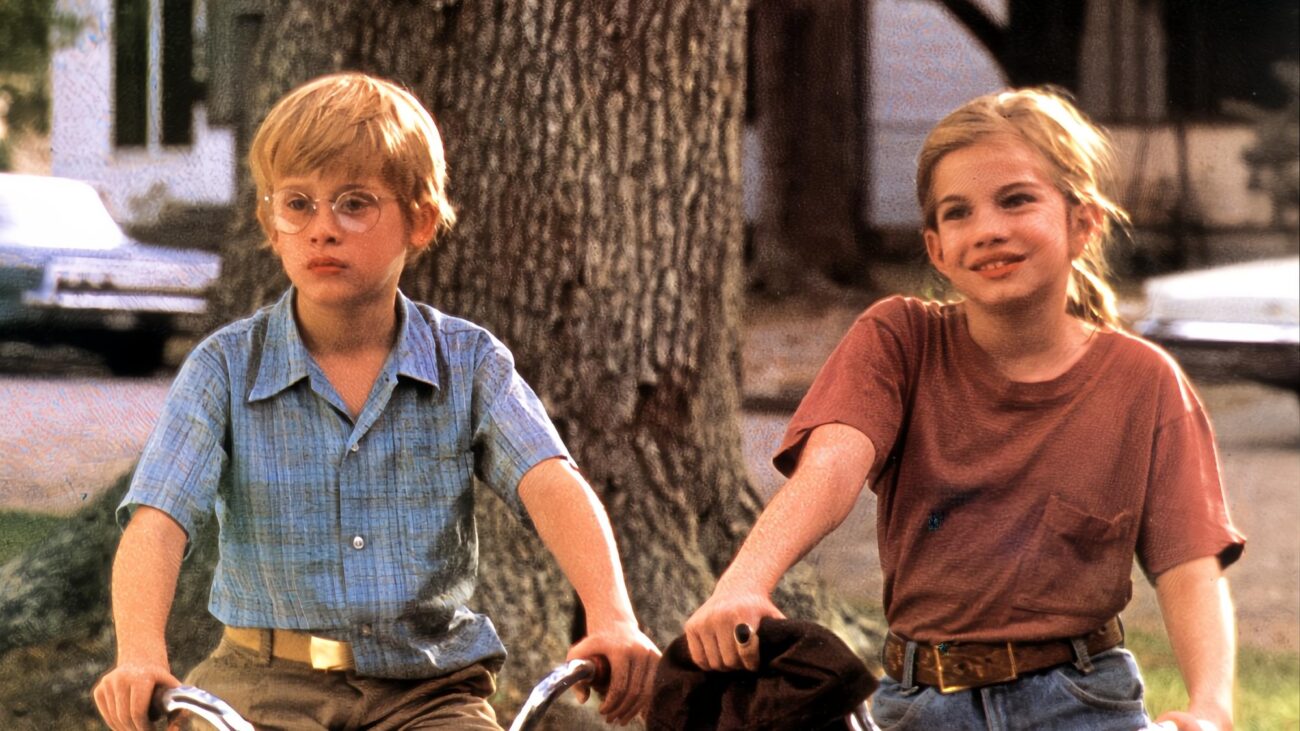Blog
I look at empty movie theatres in India and realise we’re losing more than just a night out

I arrive early, always. Third row from the back, where the velvet seats still hold whispers of a hundred films gone by. The theatre smells faintly of dust and popcorn, and the lights haven’t dimmed yet, but I’m already wrapped in its cocoon. I pretend to scroll through my phone, though there’s no one to message. No late friend arriving with popcorn. No familiar voice whispering beside me. Just me and the flicker of a world I’m about to enter alone.
It didn’t start as a preference. Watching films alone was simply a by-product of the job. As a journalist covering cinema, I’d often be at 8am screenings, bleary-eyed and underslept, trying to make sense of films before the rest of the world had finished breakfast. The first time, it felt like an inconvenience. By the tenth, a habit. By the twentieth, something close to devotion.
The theatre, with its fraying carpet and flickering EXIT signs, became a space where no one asked questions. Not about why I was alone. Not about whether I needed company. Here, solitude wasn’t something to explain away—it was allowed.
Subha Jayanagaraja, an entertainment journalist from Mangalore, tells me, “I’ve come to like watching films by myself because of sheer force of circumstances. I go and invariably end up purchasing four or five tickets, whatever is the bare minimum needed to ensure that the film is screened.” According to her, it’s worth the therapeutic experience it affords her.
I understand exactly what she means. There is something intensely private about watching a story unfold in the dark, the characters blooming before you in a silence you don’t have to share. It is a form of therapy with no dialogue. Just a transaction between you and the screen.
Meghna Singhal, a therapist, calls it immersion. “You’re mostly not distracted by your phone, you cannot pause the movie, you can’t respond to your to-do list or anything else that needs your attention. It’s just you and the story unfolding on the screen.”
And then there are the moments when the story does more than unfold. It tugs. The anonymity of the dark allows you to feel without performing. I cried through the last twenty minutes of Superboys of Malegaon (2024). Not a dainty, cinematic tear; the real, shoulder-shaking kind. No one noticed. Or if they did, they didn’t care. There is grace in being ignored.







